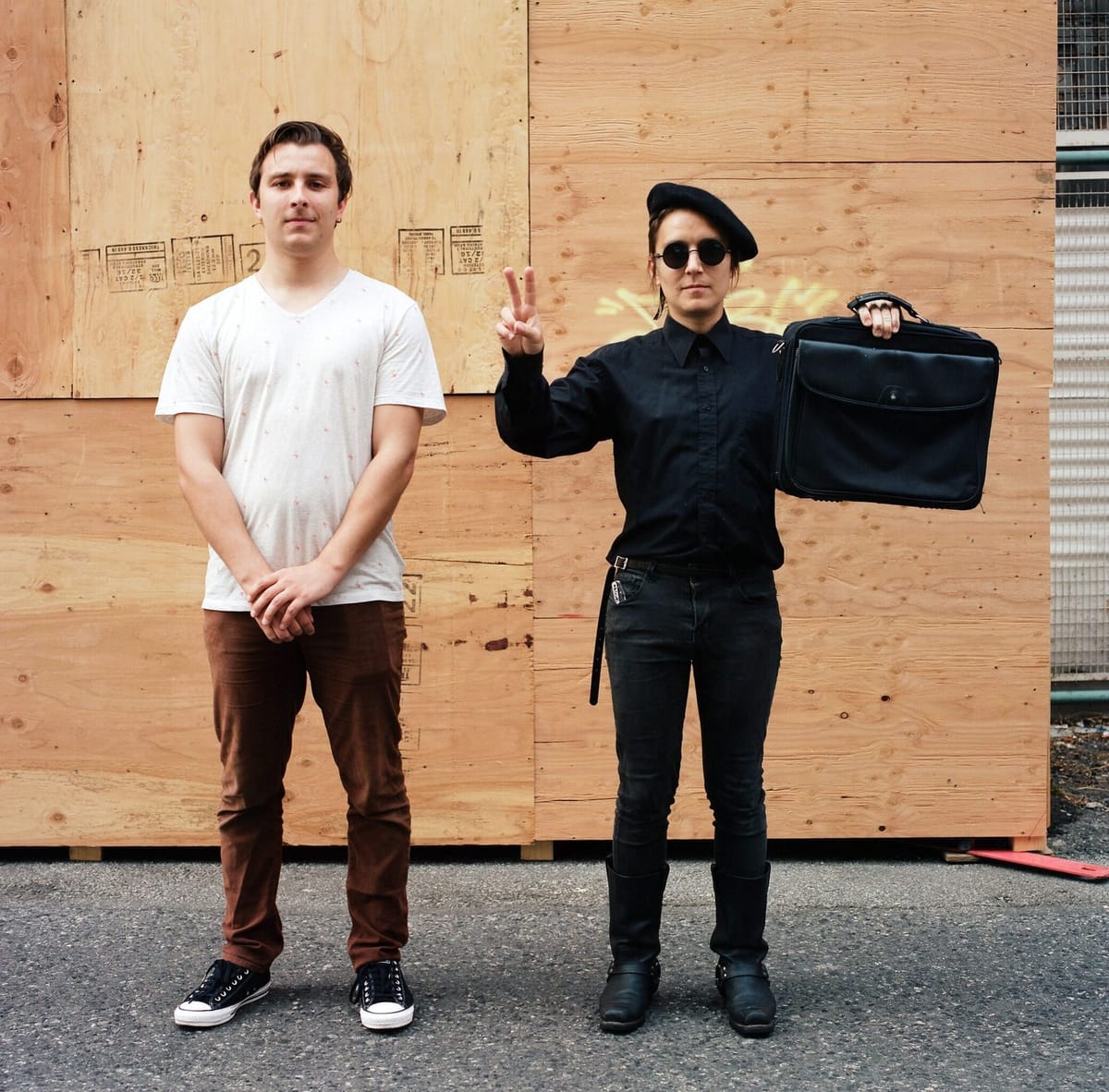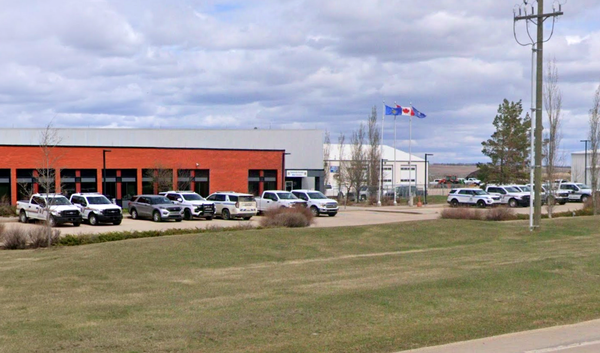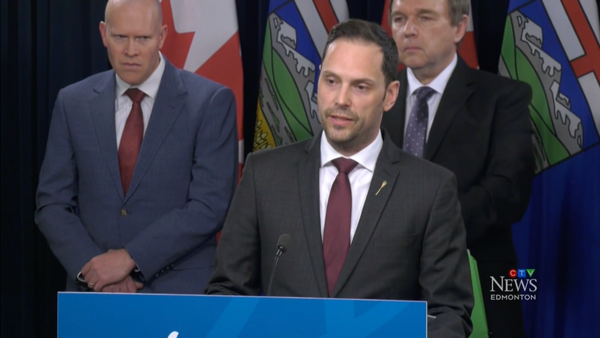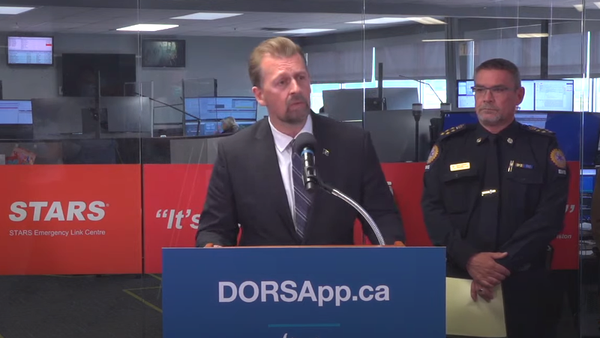Overdoses cut in half, reports Vancouver compassion club
Peer-reviewed study shows 49% reduction in people experiencing drug poisonings, with odds of a poisoning that requires naloxone reduced by almost two-thirds. What political dark magic is preventing the rapid rollout of non-profit, non-medicalized safe supply while Canada drowns in drug poisonings?

The Drug User Liberation Front (DULF), criminalized and shut down by Vancouver Police in October, just published its findings from a study of compassion club participants over a 12-month period.
The study, published in the highly regarded International Journal of Drug Policy, reports that the occurrence of non-fatal drug poisonings among compassion club participants was cut in half, with occurrence of poisonings involving naloxone administration reduced nearly two-thirds. Study authors included the lead organizers at DULF and researchers at the BC Centre on Substance Use and the University of British Columbia.
Needless to say, this is yet another major test case favouring national rollout of safe supply.
But more: the federal government has so far resisted non-medicalized compassion club models, which tend to centre people who use drugs in organizing and leadership. It even denied DULF's exemption from the Controlled Drugs & Substances Act, which would allow the club to operate without threat of prosecution. (This decision is being challenged in an upcoming Judicial Review.)
This study should change the government's calculation.
From the summer of 2022 to October 2023, DULF operated outside a medical context, providing drugs of known composition and potency to club participants including heroin at 90% purity (cut with small amounts of acetylcodeine and acetylmorphine), pure cocaine and pure methamphetamine.
The compassion club had little attrition: 89% of participants completed the full study period, with just two exiting early and 3 completing partial evaluation.
This is among the study's most important findings, because such high retention is almost unheard-of among drug studies examining parallel options for people who use drugs. For example, in the Alberta Health Services study of its Virtual Opioid Dependency Program, 12-month retention rates for people accessing opioid agonist treatments (like buprenorphine or methadone) were claimed by the study authors to be 58%, but in reality were closer to 17% when all program participants are taken into account. The DULF study authors attribute the high study retention rate in part to the provision of small honourariums to participants.
The high retention rate is even more remarkable in light of the fact that half of the study participants reported being unstably housed.
One compassion club member died, and this occurred before the club was operational and providing safe supply.
Members reported diverting (redistributing) safe supply drugs to people in their circles experiencing pain or withdrawal, or to provide them with safer or higher-quality options.
One of 47 participants reported diverting the drugs for income.
'Diversion' has become the central objection to safe supply among critics as the data have continued to pile up in favour of the health and safety benefits of allowing people who use drugs to access regulated pharmaceuticals. Critics contend that providing regulated pharmaceuticals risks increasing access to such drugs among people who might not otherwise seek them, and could wind up in the hands of children and youth. Neither suspected problem has been validated, according to repeated assertions by the BC Coroner's Service.
Relatedly, right-wing backlash against the compassion club grew loud around the club's 1-year mark. Shortly after, DULF and the homes of its organizers, Jeremy Kalicum and Eris Nyx, were raided by Vancouver Police.
On January 16, rallies in support of DULF as far away as London, England and Dublin, Ireland were held to coincide with DULF's court date to face charges.
The court date never happened: we learned shortly before the start of our rally and march in Calgary that the court date was being 'postponed.' This raises the possibility that charges could be dropped.
Which means any political pressure people can apply to all levels of government could make a difference for these brave activists facing possible criminal charges for saving lives.
Listen to the compassion club participants:
The fight for our lives, our future, for safe supply, compassion, and liberation. We urge the VPD to stand down, and for all health officials and politicians at every level of government to get on the right side of history. There are lives at stake, and don’t you have enough blood on your hands already?





